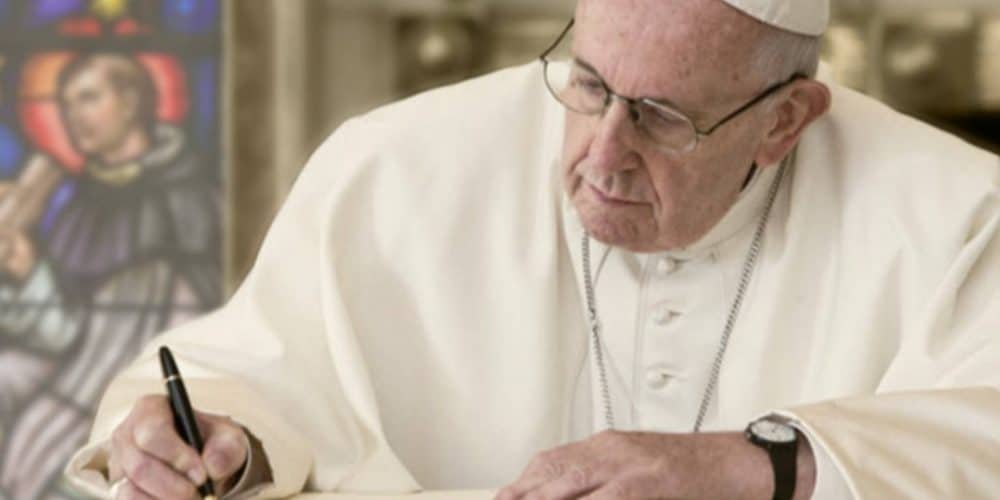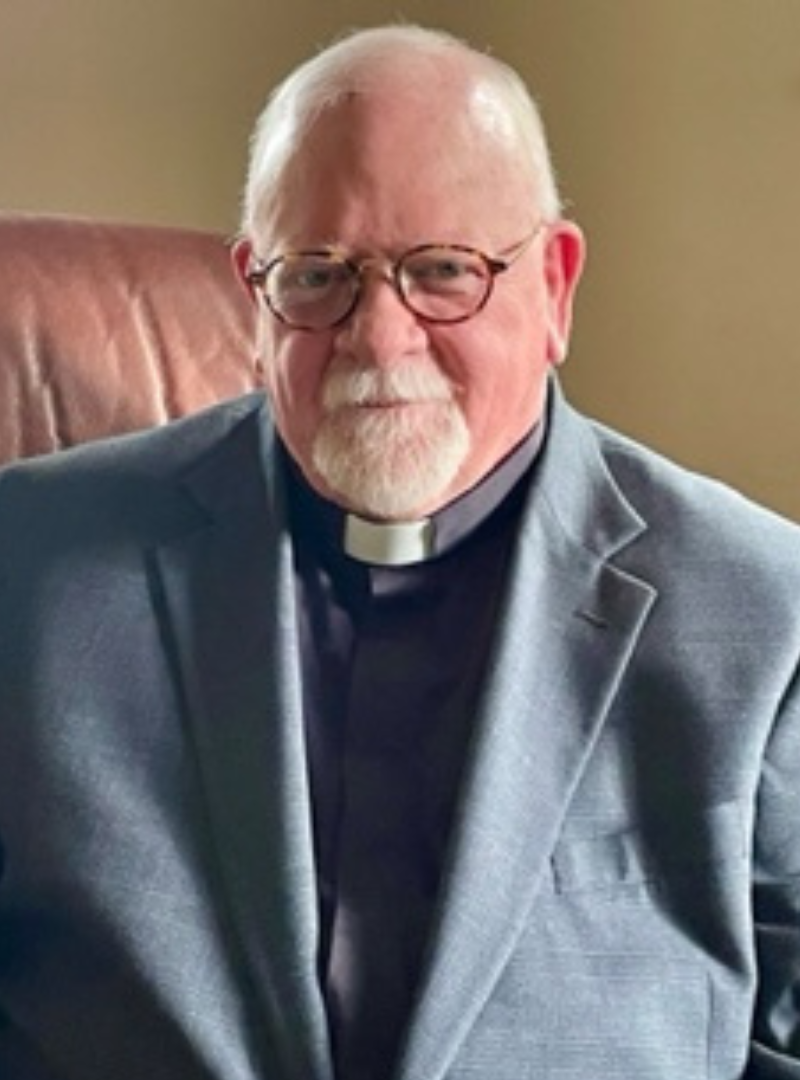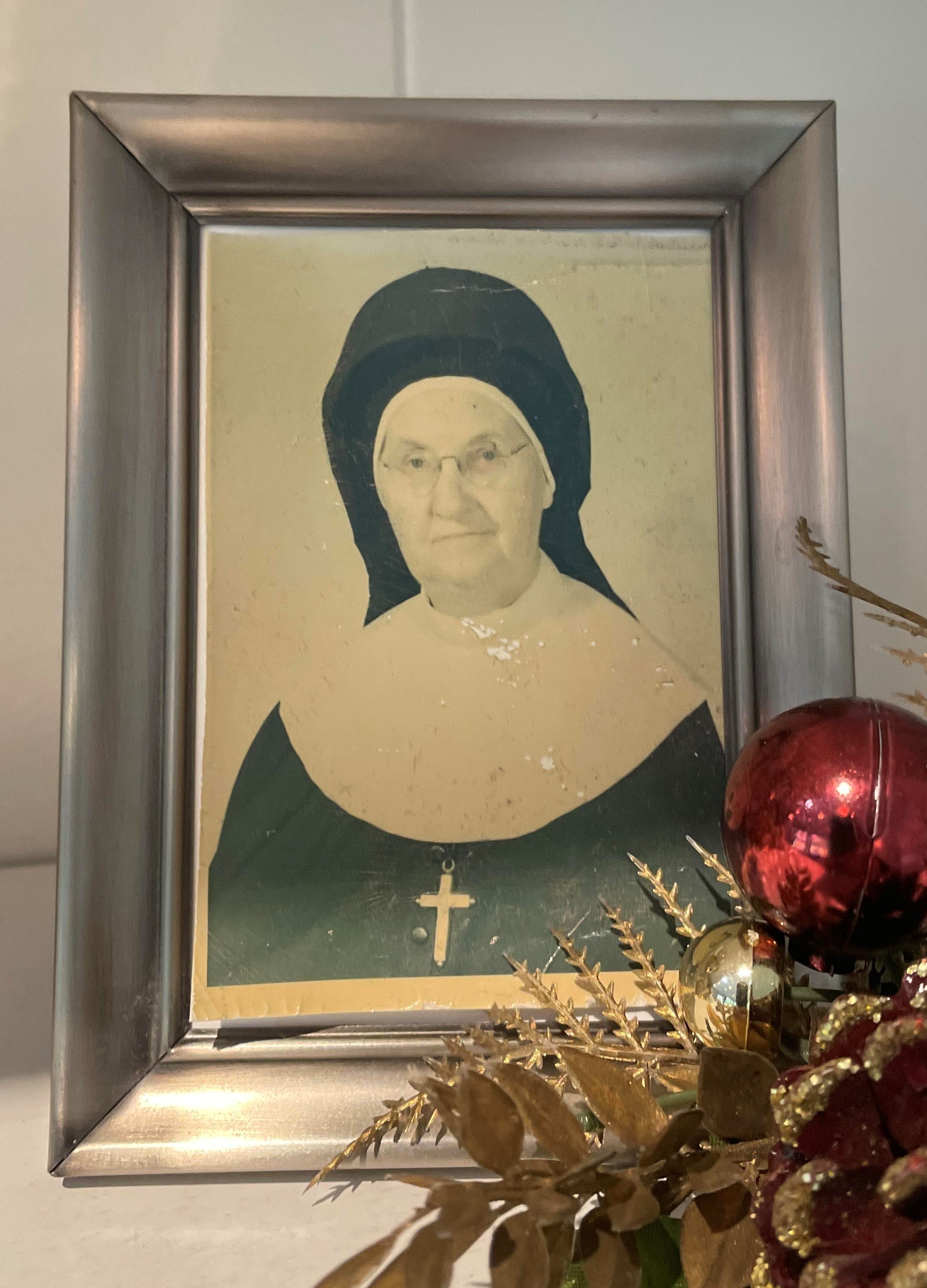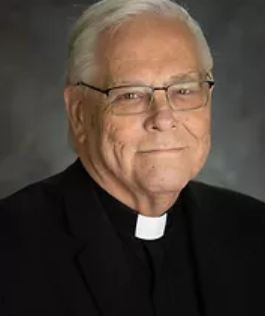Those who follow and seek to immerse themselves in the spirituality of Saint Francis de Sales received a gift from Pope Francis on December 28, 2022. On that date, Pope Francis published the Apostolic Letter, Totum Amoris Est, (Everything Pertains to Love) on the fourth centenary of the death of Saint Francis de Sales.
In sending this Letter to the Oblates around the world, our Superior General, Father Barry Strong, OSFS, wrote:
“At his Wednesday General Audience, Pope Francis reflected on the mystery of Christ’s birth and continually drew inspiration from Saint Francis de Sales. During this period of catechesis, he noted that the manger teaches us ‘the perfect renunciation of all goods’ since such a rustic crib combines ‘tenderness and austerity, love and sorrow, sweetness and harshness.’”
Within this context, he (Pope Francis) announced the Apostolic Letter. He remarked, “It is entitled, ‘Everything Pertains to Love,’ taking up a characteristic expression of the holy bishop of Geneva. In fact, this is how he wrote in the Treatise on the Love of God, ‘In the holy Church everything belongs to love, lives in love, is made by love and comes from love.’ And may we all go down this road of love, so beautiful.”
Having read the document, I know I will have to review it many times to reap the fullness of what Saint Francis de Sales and Pope Francis wrote. I found the Letter both inspirational and practical in that the insights of Saint Francis de Sales can lead every soul into a healthy, nourishing relationship with God, allowing them to become living expressions of the Love of God in the world.
A learned Oblate finished reading the Letter and commented, “I have a favorite section from the Letter. It is, ‘For him, (Saint Francis), Christianity was not to be confused with a facile escapism or self-absorption, much less a dull and dreary obedience…Indeed, ‘there are Christians whose lives seem like Lent without Easter’, and while we can understand the grief of people who have to endure great suffering, ‘slowly but surely we all have to let the joy of faith begin to revive as a quiet yet firm trust, even amid the greatest distress.’”
A friend from Denver, a liturgist, musician and author, wrote me stating, “My favorite line of the document is this, attributed to Saint Francis de Sales, ‘Nothing sways the human heart as much as love.’ That’s a meditation all in itself.”
There is so much to reflect upon in the Pope’s Letter that I’m sure others will share their reflections in the coming months. If you’re interested in reading it, you can find it here.
I read the entire document in one sitting. Now I’m going to return to it one section at a time. I’m sure it will inspire future reflections from me in this newsletter. I’d love to read yours.
Father Jack Loughran, OSFS
Provincial
Toledo-Detroit Province






































